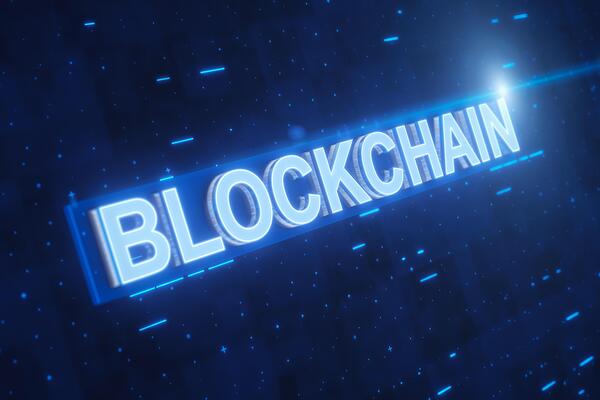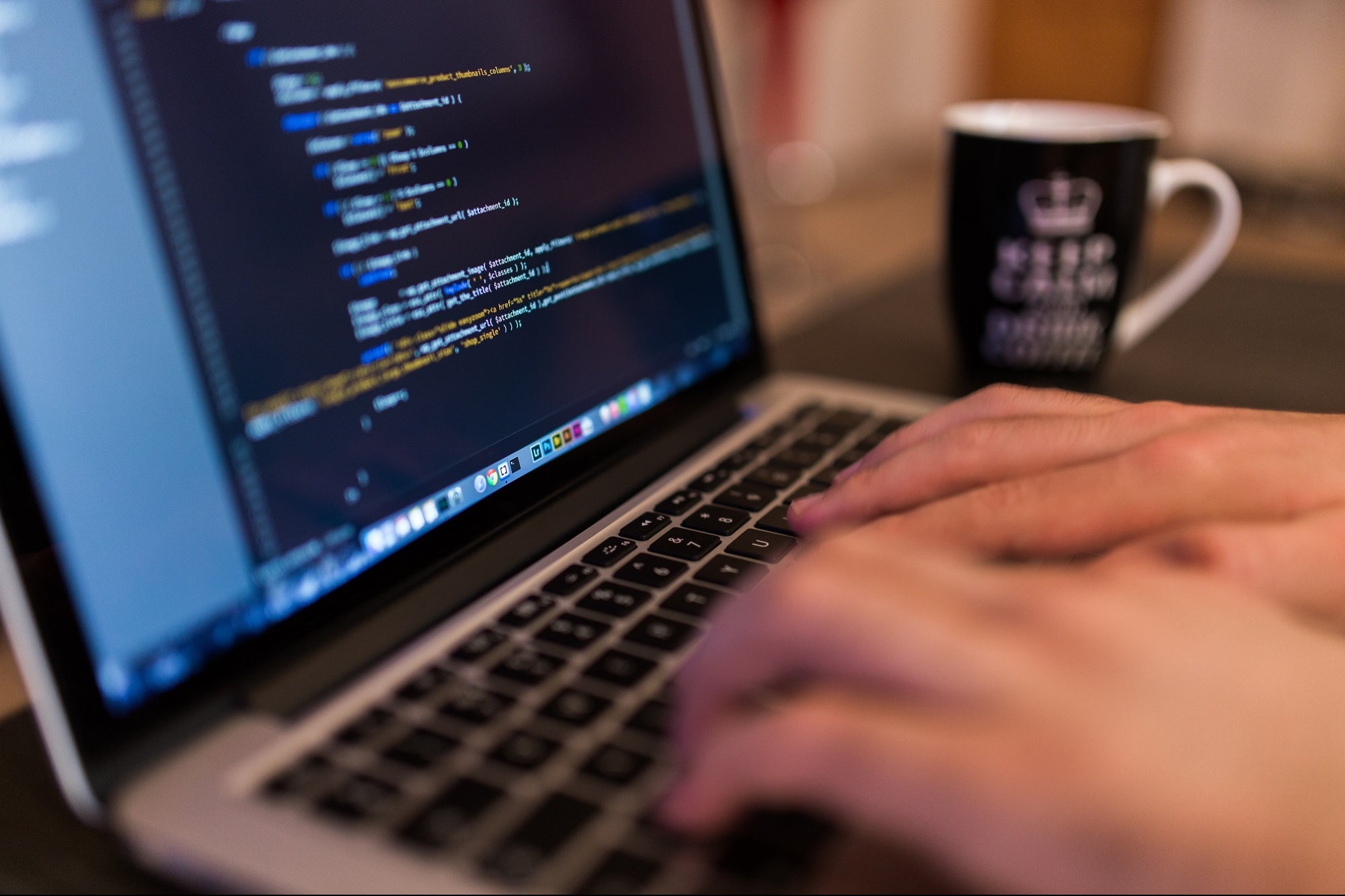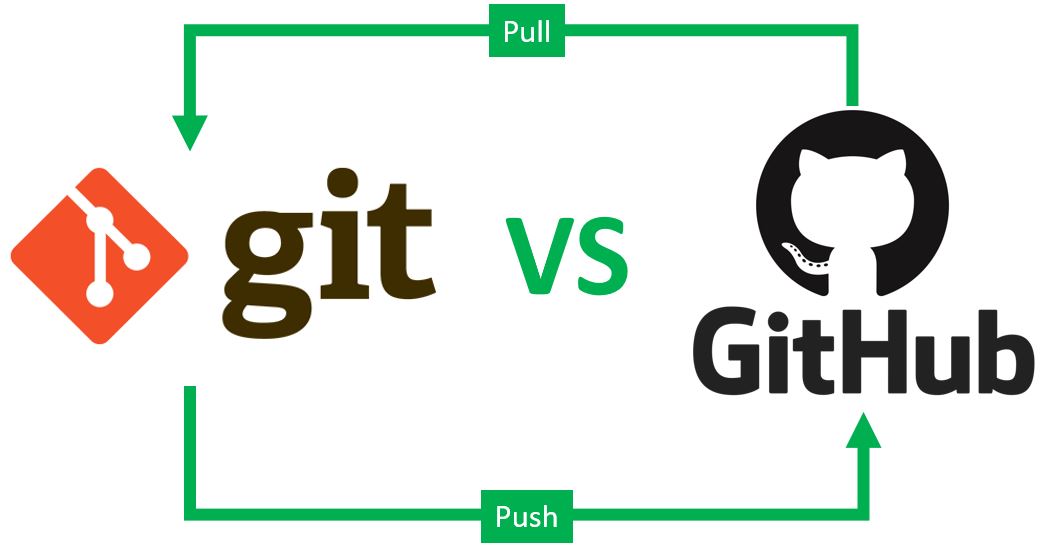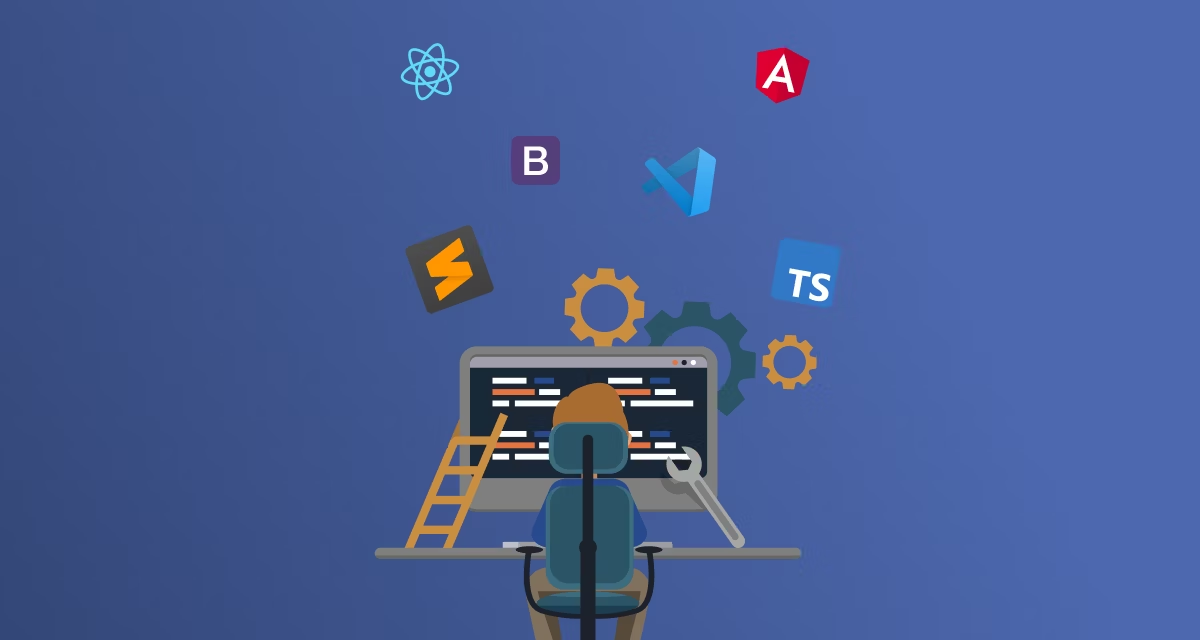Remember when you were a kid and you had to share a notebook with your siblings to keep track of who did their chores? Every time someone completed a task, they’d write it down, but then arguments would break out. “I did do the dishes!” “No, you didn’t!” “Someone erased my entry!” Sound familiar? Well, blockchain is basically the grown-up, super-smart solution to this exact problem.
What Exactly Is Blockchain?
Think of blockchain as a digital notebook that’s shared among hundreds or thousands of people, but here’s the magic part: nobody can cheat, erase anything, or lie about what’s written in it. Every time someone adds a new entry, everyone else gets a copy, and they all have to agree that the new information is legit before it gets permanently recorded.
Imagine if every time you lent your friend $20, not only did you both write it down in your personal notebooks, but so did everyone in your neighborhood. Now your friend can’t conveniently “forget” about that loan because literally everyone has the same record.
The Building Blocks (Pun Intended)
Here’s where it gets interesting. Instead of just writing entries line by line, blockchain groups them into “blocks.” Each block is like a page in our shared notebook that contains multiple transactions or pieces of information. Once a page is full, it gets sealed with a special digital signature called a “hash” – think of it as a tamper-proof wax seal that changes completely if anyone tries to modify even a single letter.
The really clever part? Each new block references the previous block’s seal. So if someone tries to go back and change something in an old block, they’d have to somehow change every single block that came after it. With thousands of people watching and cross-checking, this becomes virtually impossible.
Why Should You Care?
You might be thinking, “This sounds cool, but what does it actually do for me?” Fair question. Blockchain isn’t just about cryptocurrency (though that’s probably where you first heard about it). It’s being used to solve real problems right now.
Ever bought something online and worried about whether it’s authentic? Some companies are using blockchain to track products from factory to your doorstep, creating an unbreakable chain of custody. That designer handbag or organic coffee you’re buying? You can verify its entire journey.
Or consider voting. We all know how contentious elections can get, with people questioning results. Some places are experimenting with blockchain voting systems where every vote is recorded transparently and can’t be tampered with, while still keeping individual votes private.
The Trust Revolution
What makes blockchain revolutionary isn’t the technology itself – it’s what it represents. For the first time in human history, we can have trust without needing a middleman. You don’t need a bank to verify that you have money to send to someone. You don’t need a government agency to confirm that a document is authentic. You don’t need a big corporation to guarantee that a product is genuine.
This doesn’t mean banks, governments, or corporations are going away. But it does mean they can’t be the sole gatekeepers of truth anymore. Power gets distributed, and that changes everything.
The Reality Check
Let’s be honest though – blockchain isn’t perfect. It’s often slow, can use a lot of energy, and sometimes the hype outweighs the actual usefulness. Not everything needs to be “blockchained.” Your grocery list probably doesn’t need to be stored on an immutable ledger shared with thousands of strangers.
But for situations where trust is crucial, where transparency matters, and where you need a permanent record that can’t be manipulated, blockchain offers something genuinely new and valuable.
What’s Next?
The blockchain space moves fast. New applications pop up constantly, from digital art ownership to supply chain transparency to decentralized social networks. Some will succeed, others will fizzle out. The key is understanding the core concept so you can make sense of what’s actually useful versus what’s just riding the hype wave.
The next time someone mentions blockchain, you won’t just nod along politely. You’ll understand that they’re talking about a fundamentally new way of creating trust and keeping records – one that doesn’t rely on any single authority to be the keeper of truth.
And who knows? Maybe that shared notebook concept isn’t so childish after all. Sometimes the best solutions are the ones that make perfect sense once you think about them.
Ready to dive deeper into the world of blockchain? Start small, stay curious, and remember – every expert started exactly where you are right now.

With over 6 years of experience in the blogging world, I specialize in crafting engaging, informative, and SEO-optimized content across various niches including tech, digital trends, and online monetization. I thrive on staying ahead of industry trends, experimenting with new content strategies, and helping others grow their digital presence.



